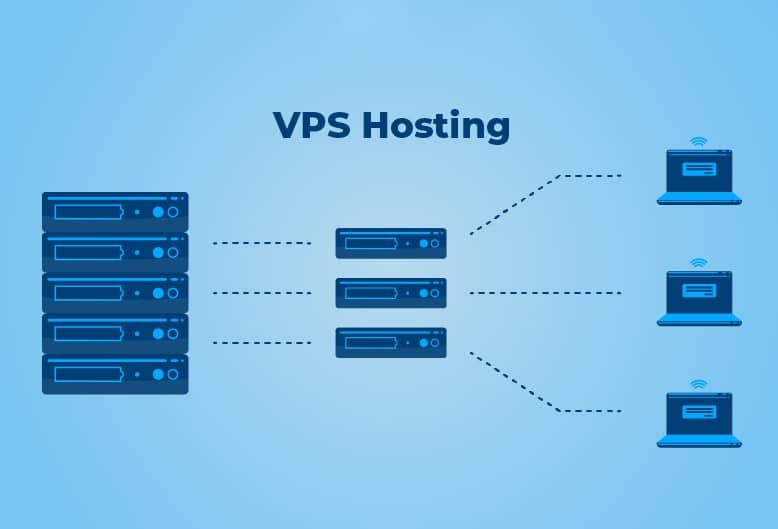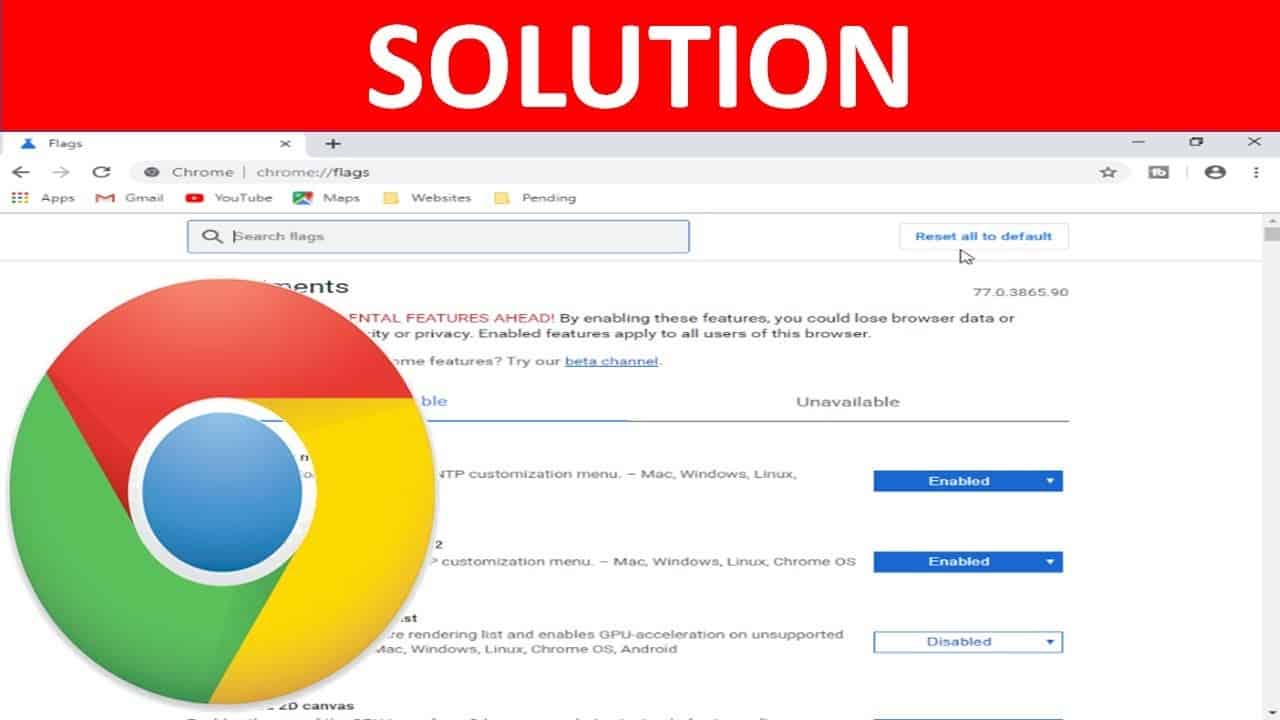VPS hosting is a type of web hosting that provides virtualization to its customers. VPS hosting is cheaper than dedicated servers, but it’s more expensive than shared web hosting. A VPS server is a virtual machine that hosts an operating system and allows the user to install any software they want on it. If you’re thinking of switching to VPS, it might be worth looking into the advantages and disadvantages before ordering one.
Advantages of VPS hosting:
-
They have a faster response time than shared servers because they have fewer users on them.
-
They are more secure because they only allow one user at a time access to them, so they can be locked with passwords and firewalls.
-
They offer better control over your system resources as you can allocate as many or as few resources as you need for your project.
Disadvantages of VPS hosting:
-
It’s more expensive when compared to shared hosting.
-
Server management can be tricky Especially if you don’t have much of a technical background. Managed Services providers offer these services, allowing you to delegate the server tasks to professional staff who will take care of them for you.
Our recommendation for best vps hosting is BlueVPS.com
VPS geographical location
The geographical location of your VPS can affect its speed and reliability. This is because the server’s physical location will impact how fast it can communicate with other servers and the internet. Latency is an important factor in determining how well a VPS will perform. It refers to the delay that occurs between when data is sent and when it’s received, typically measured in milliseconds (ms). It’s important to choose a VPS provider based on latency because if you don’t, your site might not load properly or at all.
If you want to make sure that your VPS is as fast as possible, you should choose a data center near you. That way, there will be less of a delay in communicating with other servers and the internet.
People often overlook the importance of VPS location and what it can do to their speed. The closer the server is to you, the faster your connection will be. For example if you use your VPS as your private VPN, speed is essential thing. Choosing a VPN service can be difficult. There are many factors to consider before making a decision, but the most important one is the location of the server that you are connecting through. VPN creates a tunnel between your device and the internet that protects your data, which means no one can access it. VPNs are used to bypass geo-blocking, avoid censorship, or access websites and services that are blocked in certain regions. They also provide protection when using public Wi-Fi hotspots.
Which location is Right for You?
Ideally, your servers should be located in a region with low environmental risk. They should look for countries where the economy is balanced and there’s a low rate of crime and corruption. They should also have a system that’s efficient and protects them. Last but not least, it is important to keep confidentiality in mind.
Uptime and Reliability
With the increase of uptime and reliability, VPS has become a reliable option for hosting web applications. The best website hosting providers will guarantee your uptime with 99.9% of the time to make sure you can focus on other aspects of your company.
Conclusion
As your website outgrows a shared space, you may find the need to move to a host that offers more bandwidth without exceeding your budget and you are planning to order VPS service, check all these tips above and you will be fine.
After all, virtual private servers have the benefit of being affordable, secure, and controlling.






